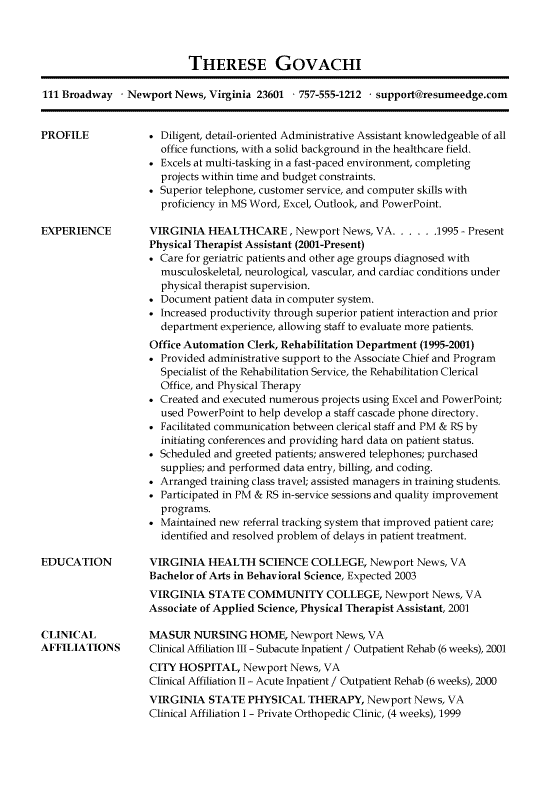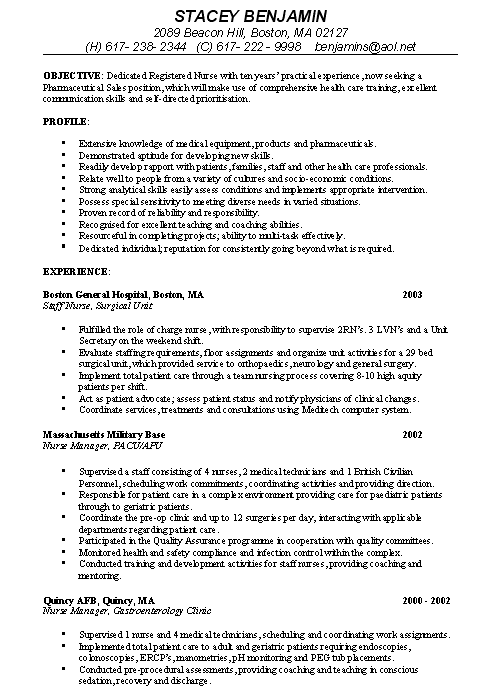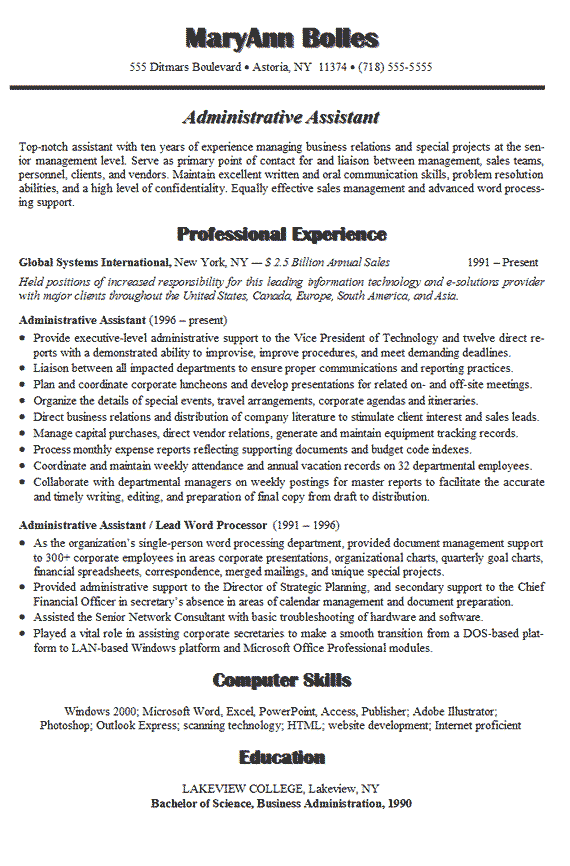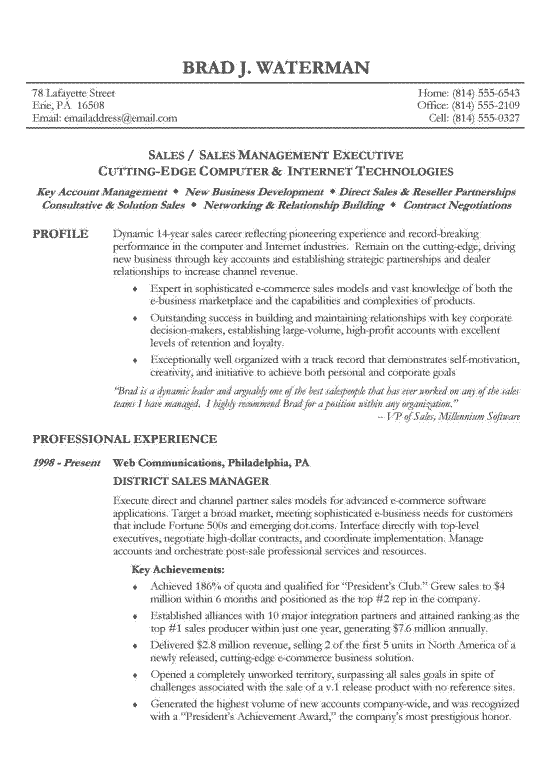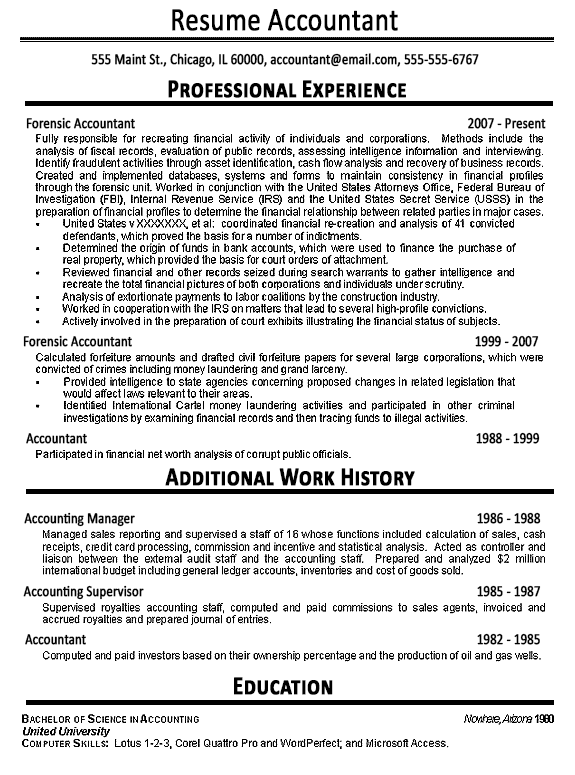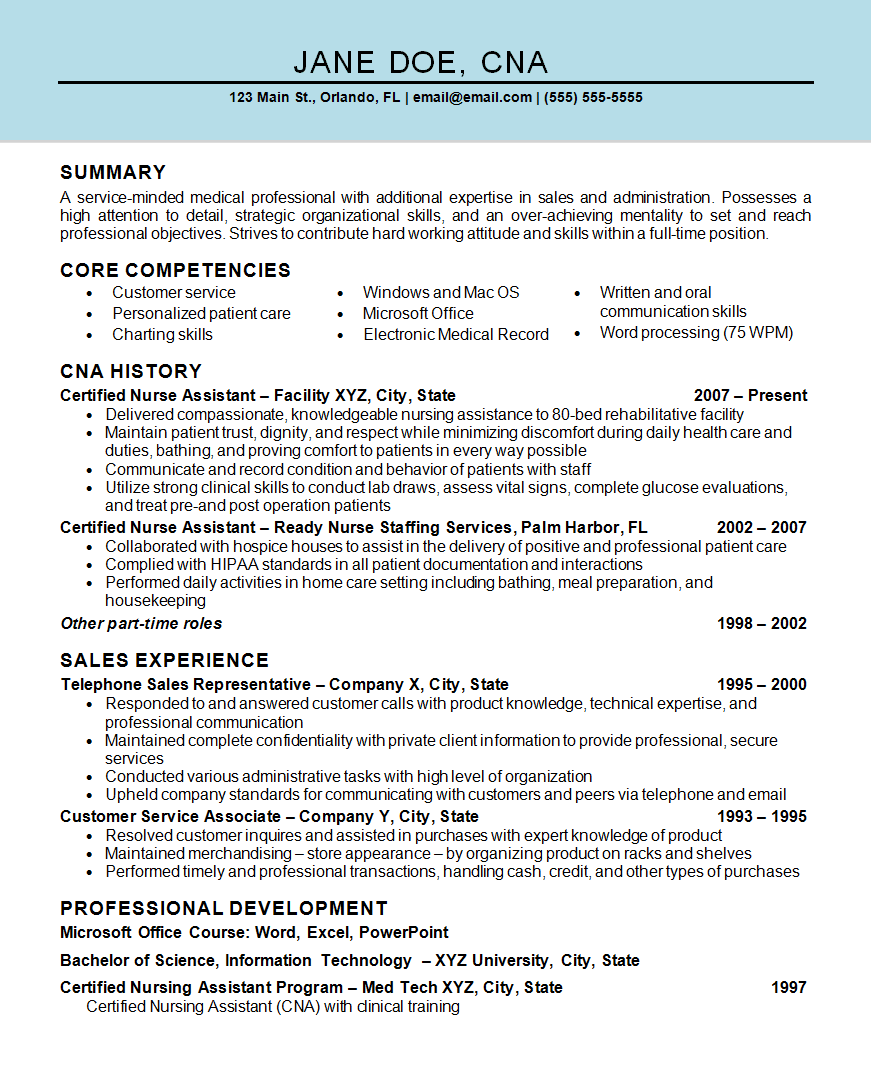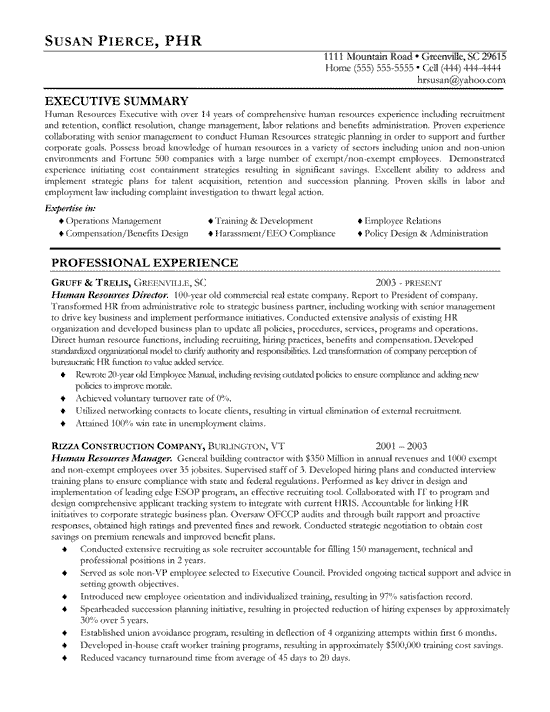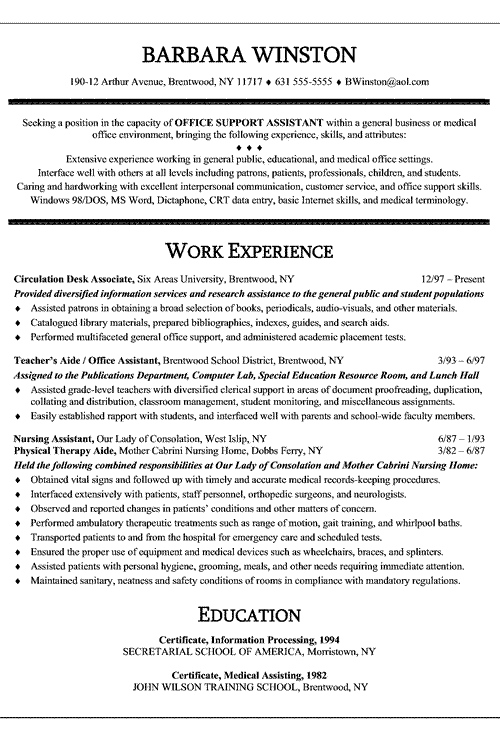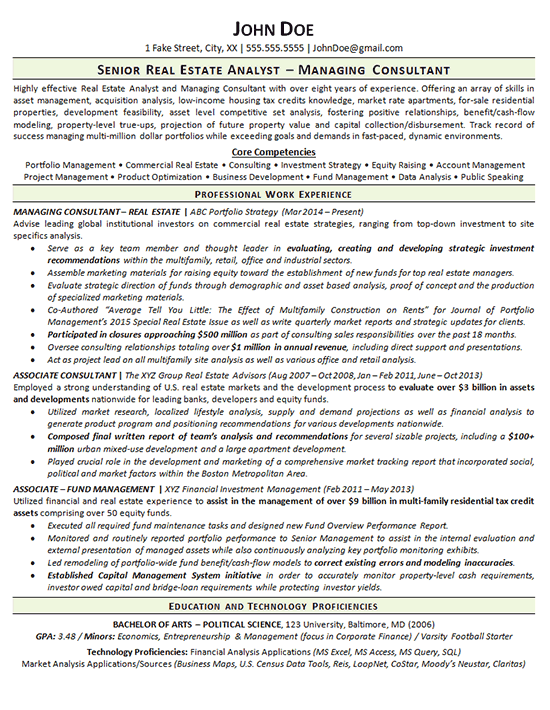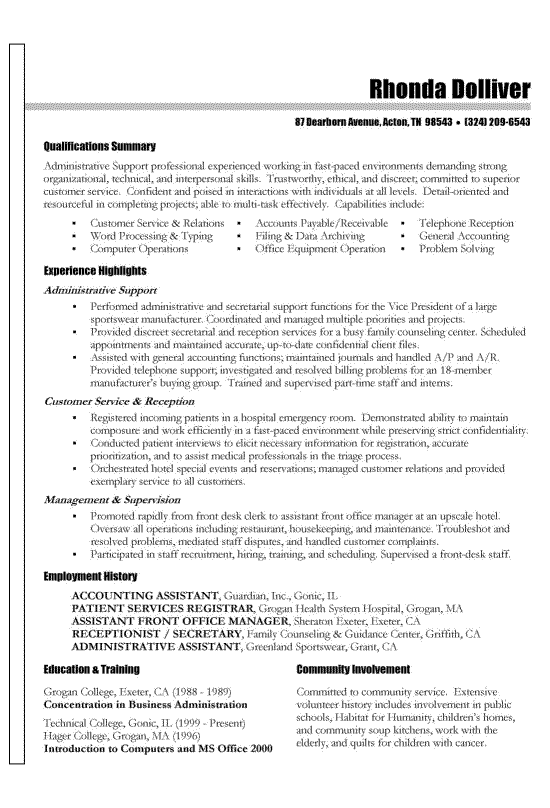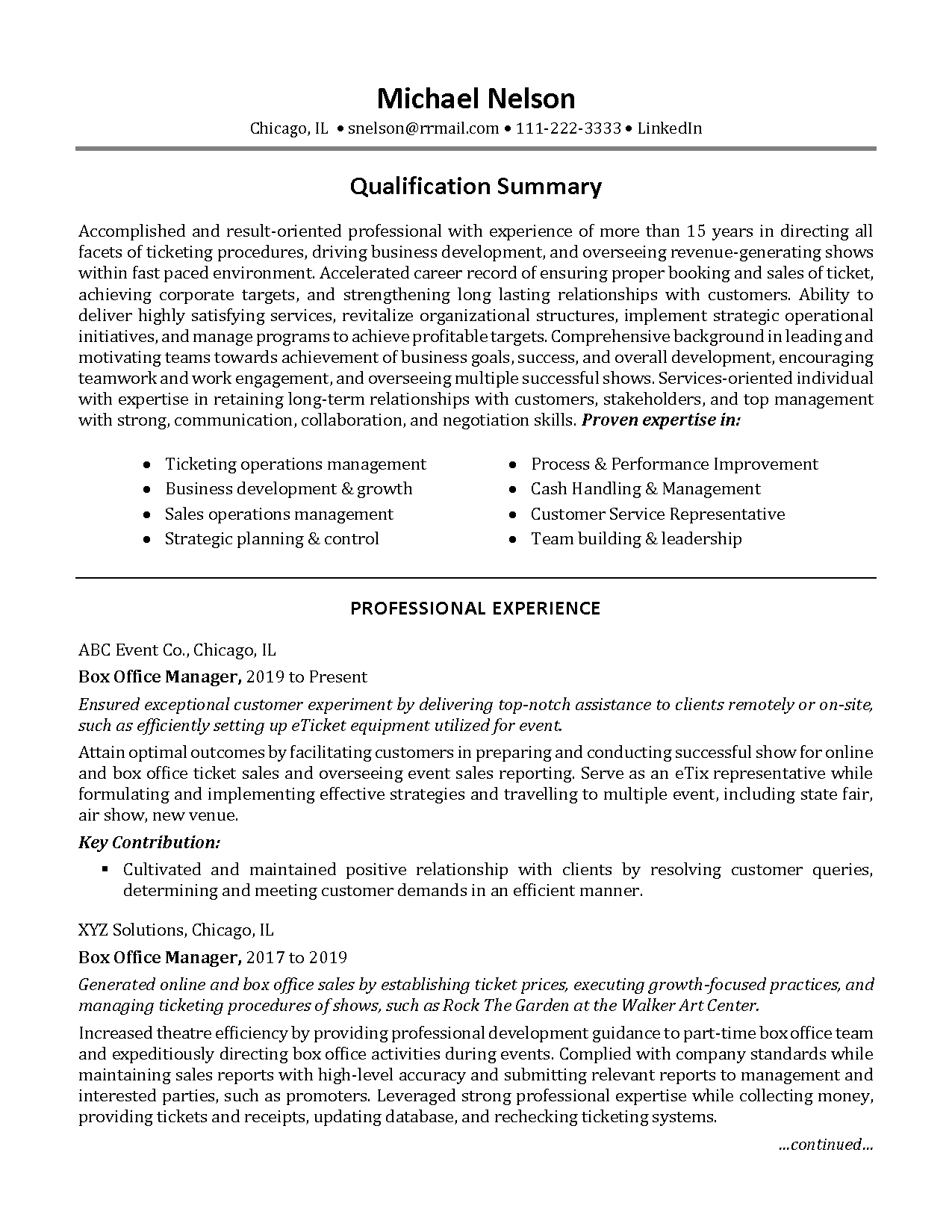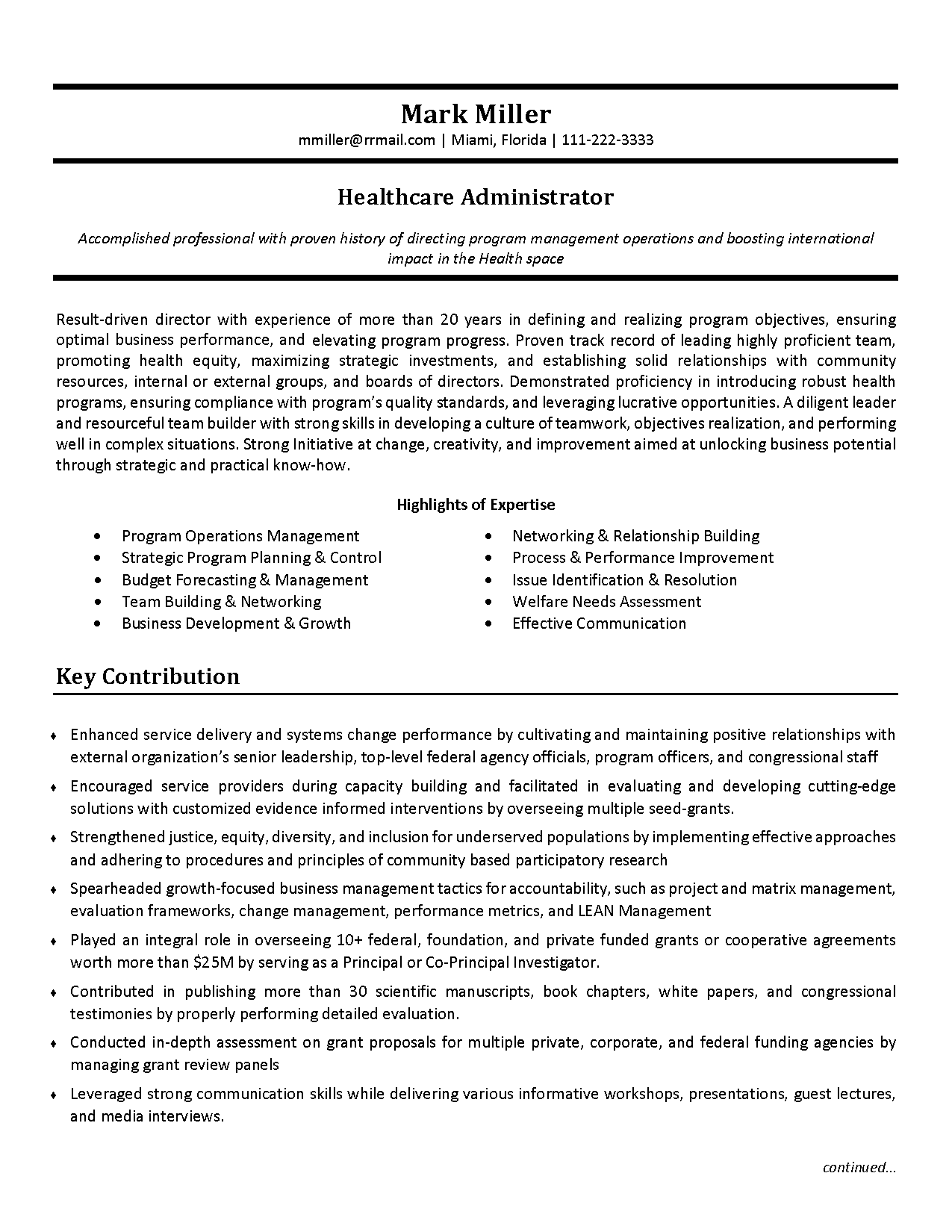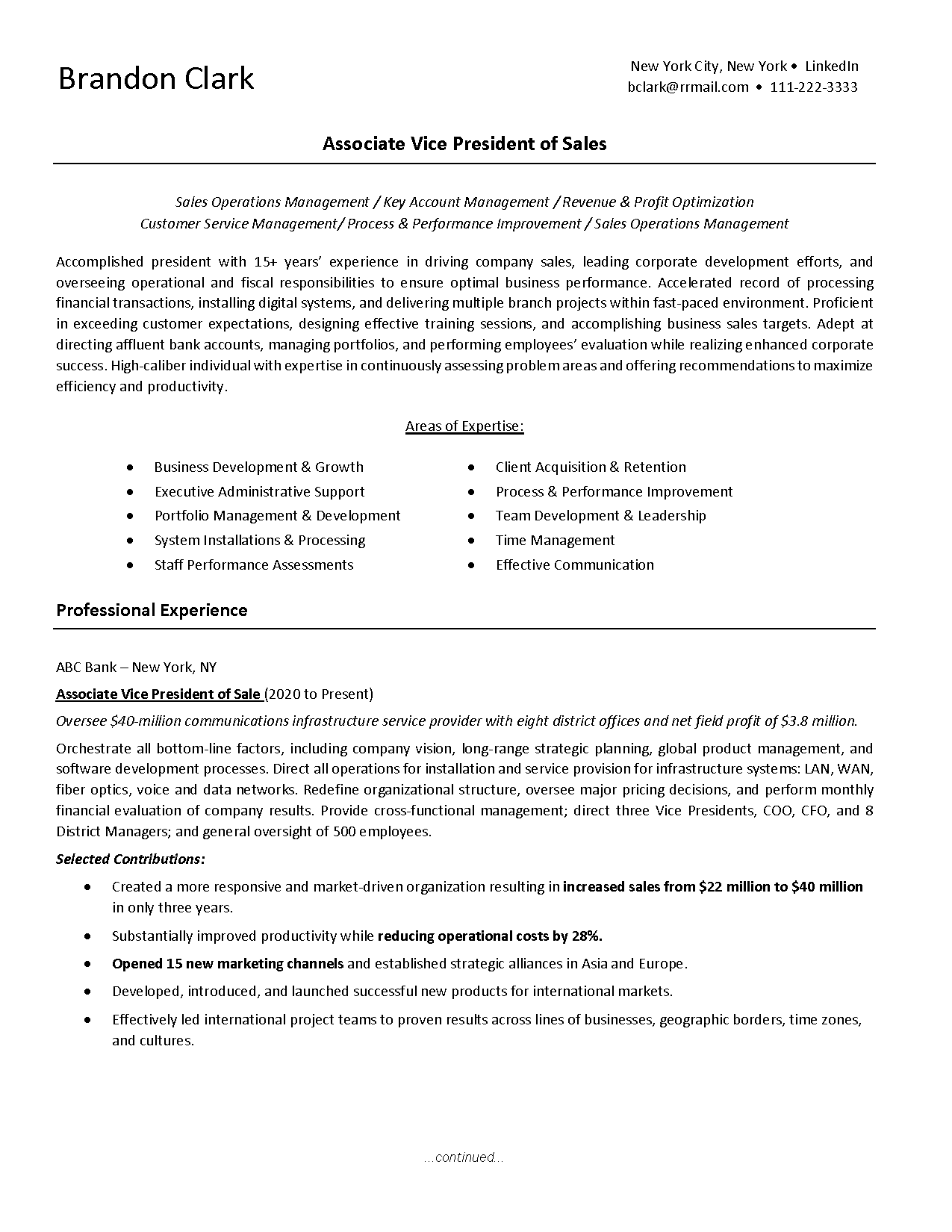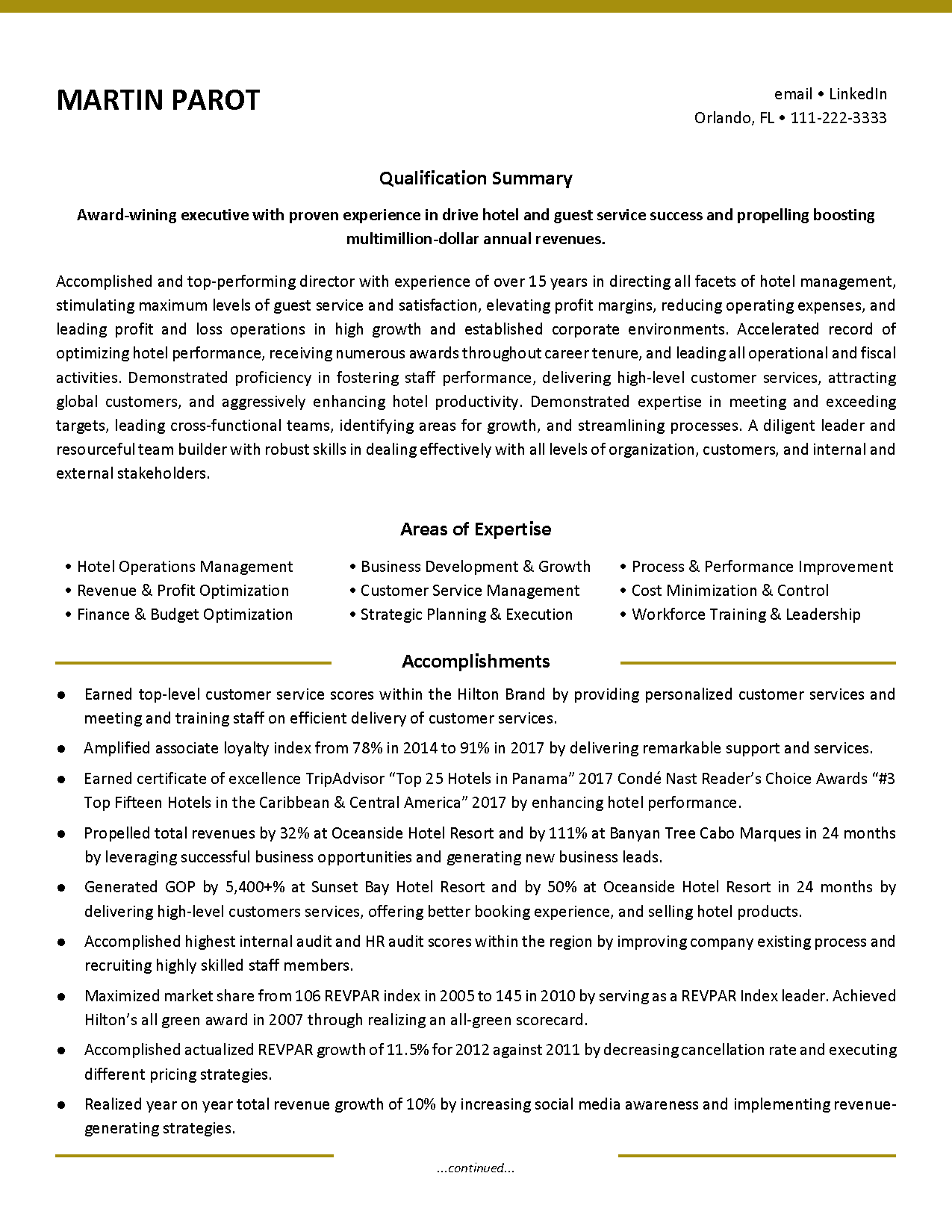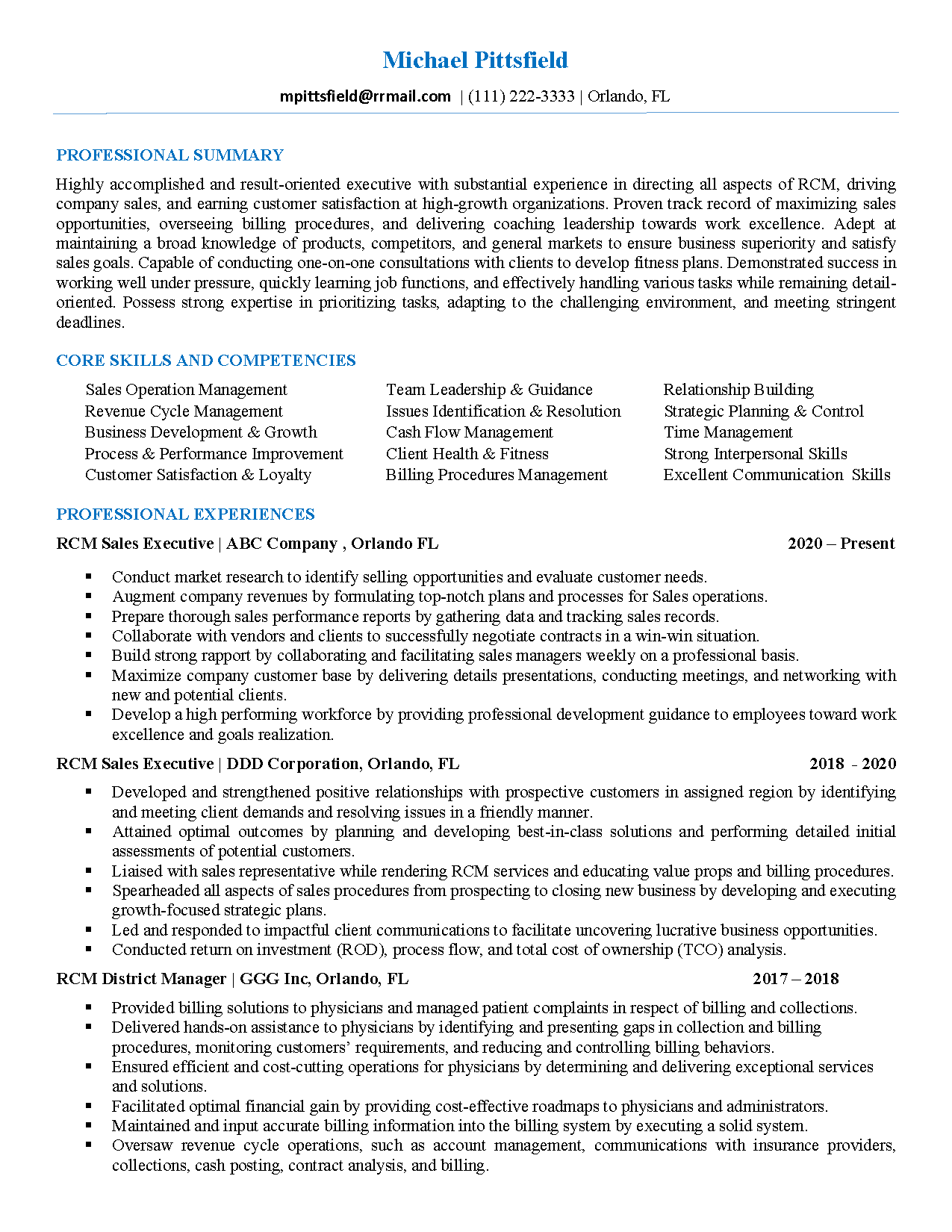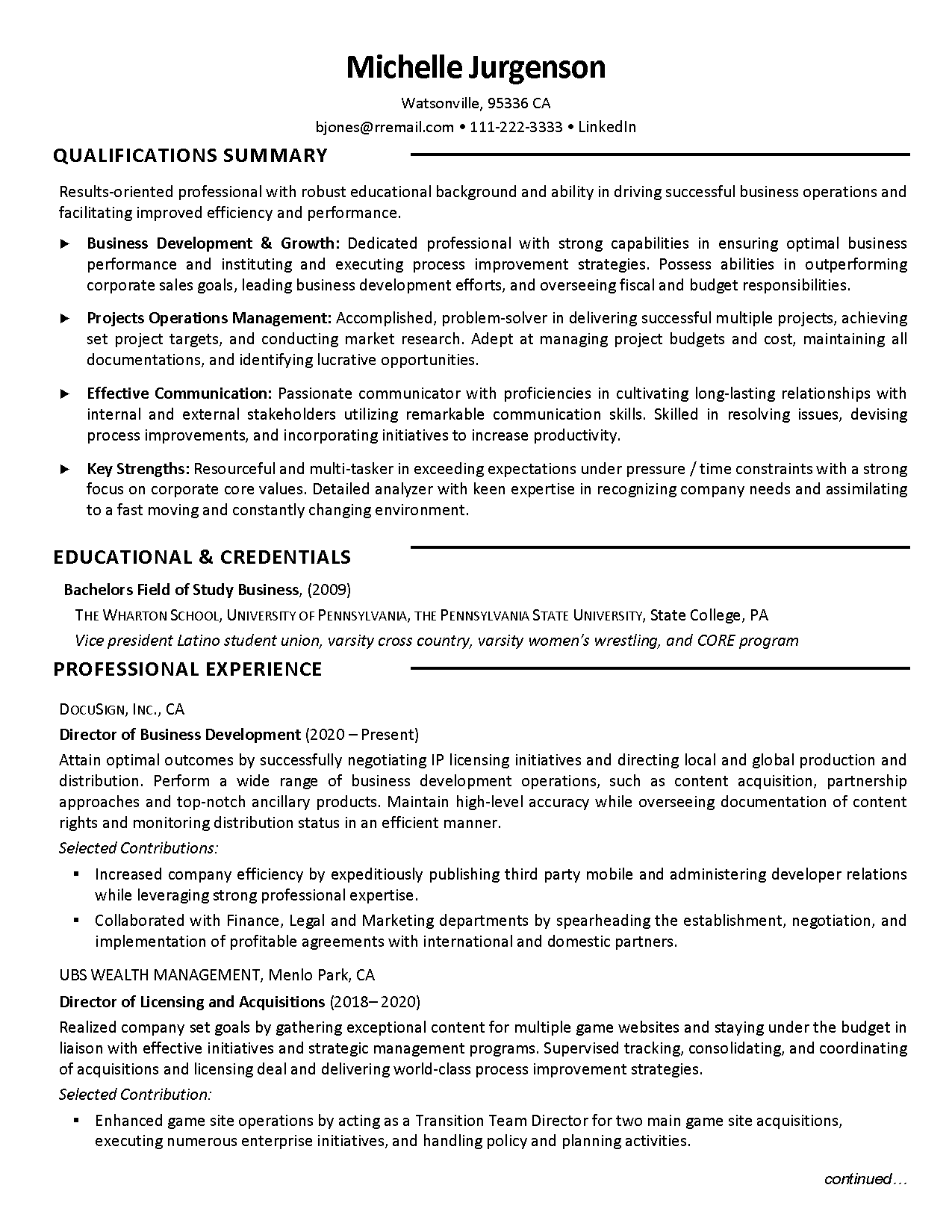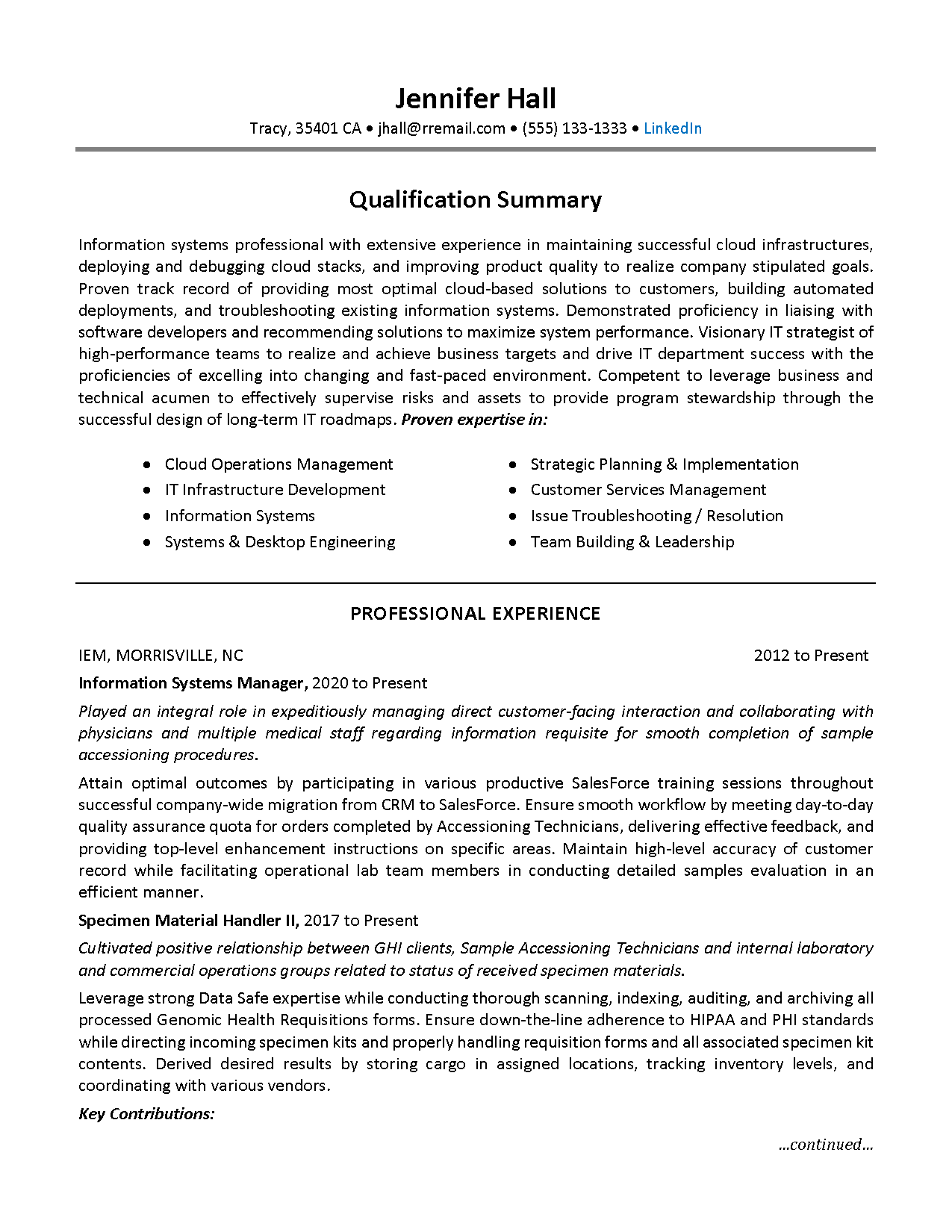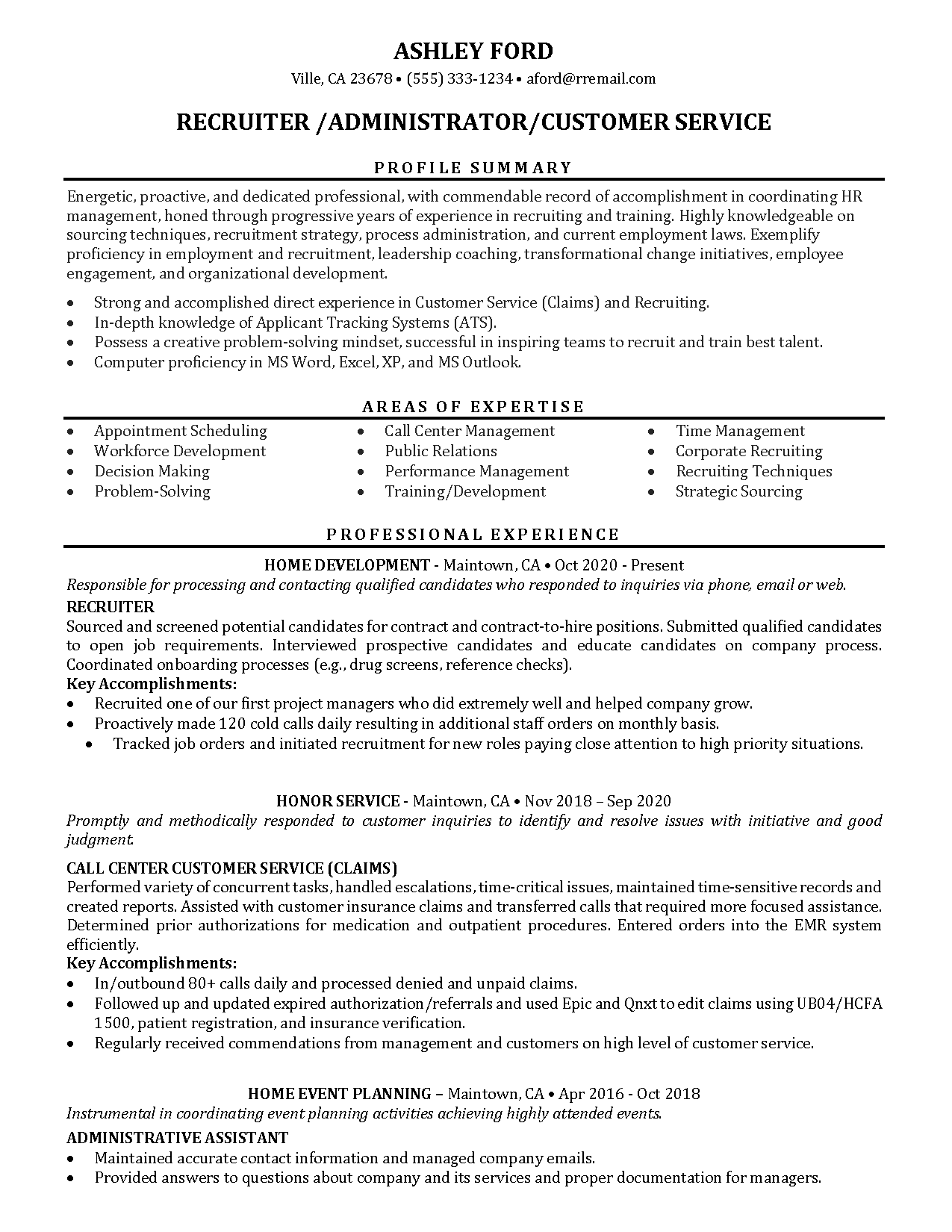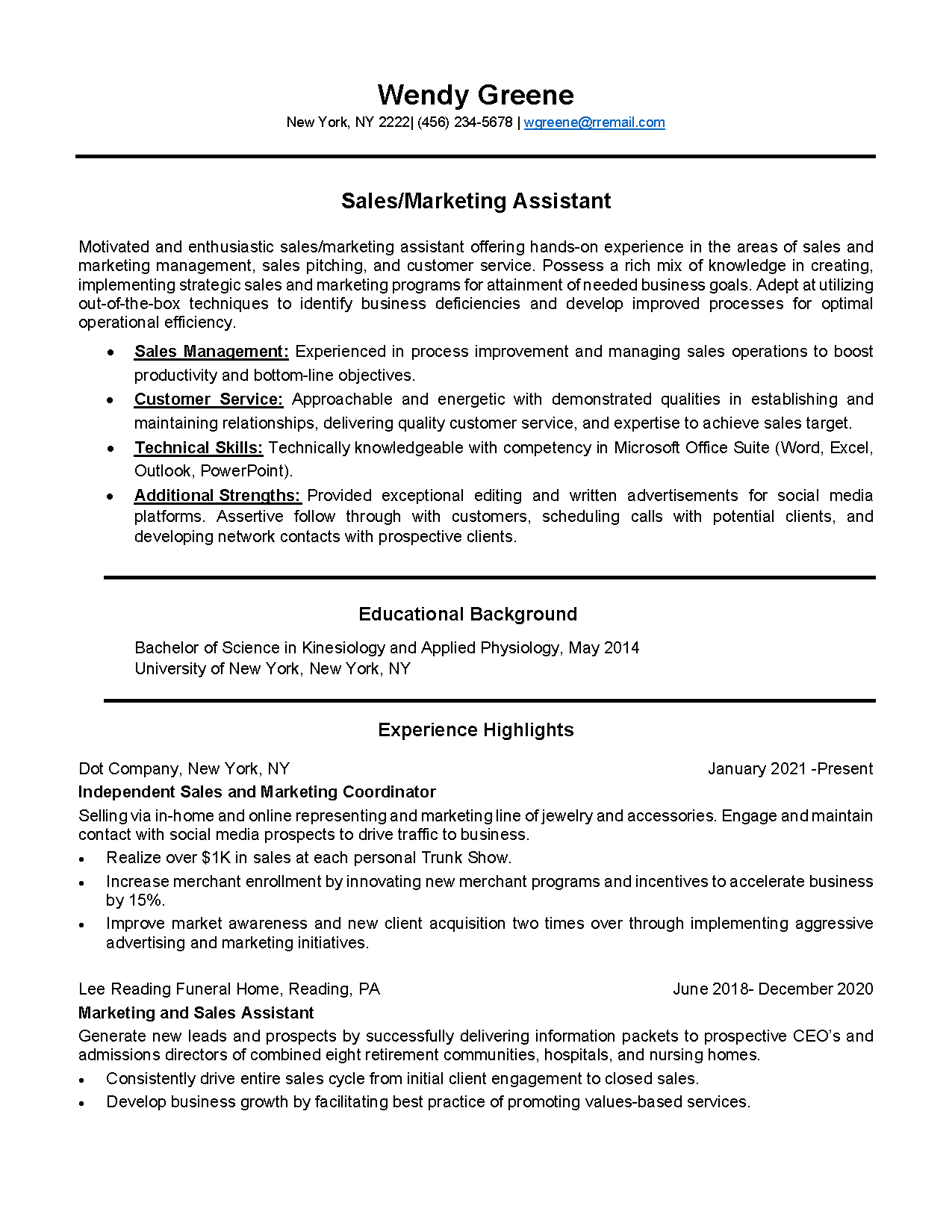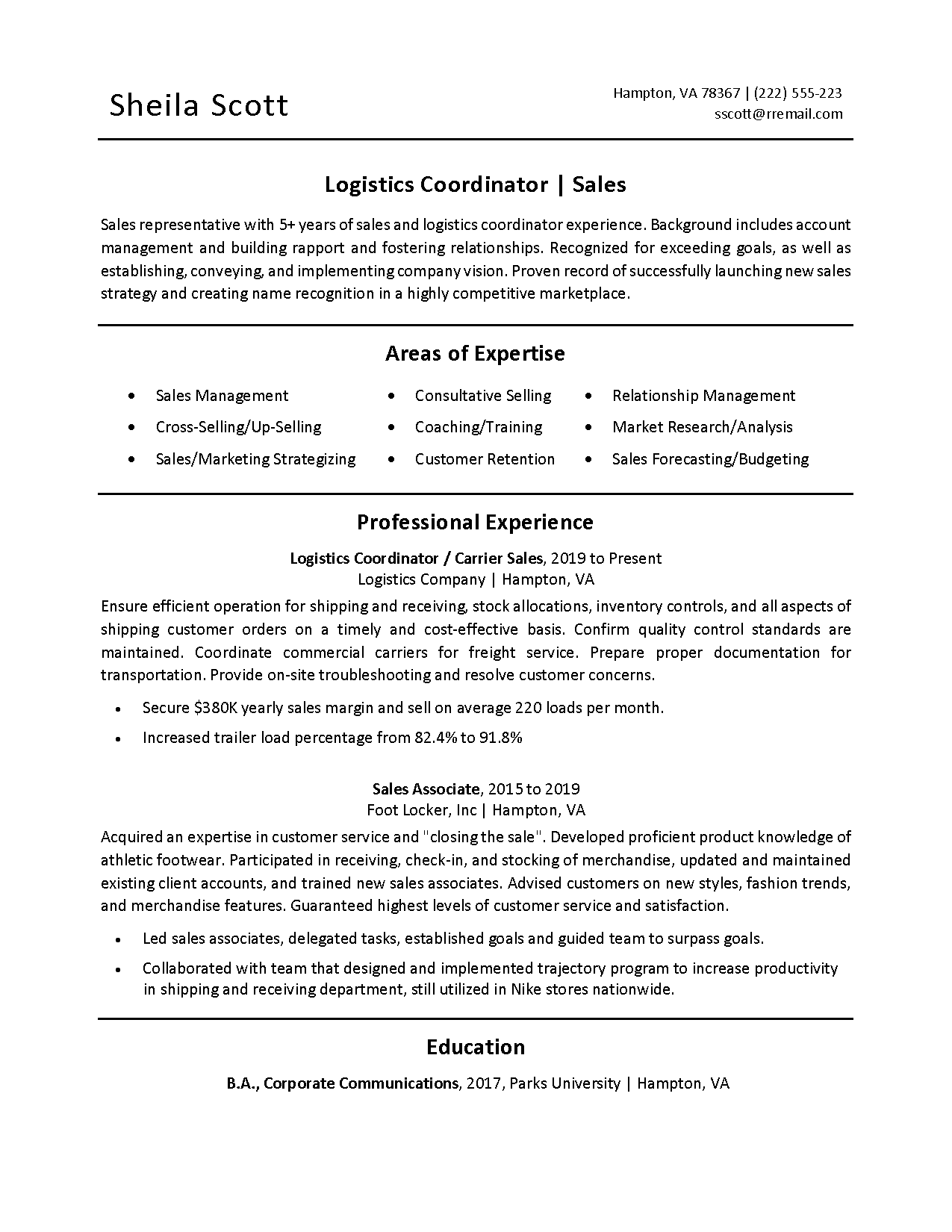
The Art of Writing an Executive-Level Resume: A Comprehensive Guide
An executive-level resume is a critical tool for professionals seeking leadership positions in their respective industries. It serves as a marketing document that showcases your skills, experience, and achievements to potential employers. A well-crafted executive resume can help you stand out from other candidates and increase your chances of landing an interview.
According to a survey conducted by TheLadders, recruiters spend an average of six seconds reviewing a resume before deciding whether to move forward with a candidate. This means that your executive-level resume needs to be concise, compelling, and easy to read. It should highlight your unique value proposition as an executive and demonstrate how you can contribute to the success of the organization.
Identifying Your Unique Value Proposition as an Executive
Before you start writing your executive-level resume, it’s essential to identify your unique value proposition as an executive. This refers to the specific skills, experience, and qualities that set you apart from other candidates in your field. Your unique value proposition should be based on your strengths and accomplishments as an executive.
To identify your unique value proposition, start by reflecting on your career achievements and identifying patterns or themes that emerge. Consider what sets you apart from other executives in terms of leadership style, strategic thinking, problem-solving abilities, or industry expertise. Once you have identified your unique value proposition, use it as a guiding principle when crafting your executive-level resume.
Crafting a Compelling Executive Summary to Grab Attention
The executive summary is the first section of your resume that potential employers will see. It should be concise yet compelling and grab the reader’s attention immediately. The purpose of the executive summary is to provide a brief overview of who you are as an executive and what you bring to the table.
To craft a compelling executive summary, start by identifying the key themes or messages that you want to convey. These might include your leadership style, industry expertise, or track record of success. Use these themes to create a concise and impactful summary that highlights your unique value proposition as an executive.
Highlighting Your Accomplishments and Achievements in the Professional Experience Section
The professional experience section of your executive-level resume is where you showcase your career achievements and demonstrate your ability to deliver results. This section should focus on quantifiable accomplishments rather than job duties or responsibilities.
To highlight your accomplishments, start by identifying specific projects or initiatives that you have led or contributed to. Use metrics such as revenue growth, cost savings, or customer satisfaction ratings to quantify the impact of your work. Be sure to use action-oriented language and focus on outcomes rather than activities.
Showcasing Your Leadership Skills and Management Experience
As an executive, your leadership skills and management experience are critical factors in determining your suitability for a particular role. The leadership skills section of your executive-level resume should highlight your ability to inspire and motivate teams, communicate effectively, and make strategic decisions.
To showcase your leadership skills, provide examples of how you have led teams through challenging situations or implemented successful change initiatives. Use specific examples to demonstrate how you have motivated employees, built strong relationships with stakeholders, or managed complex projects.
Emphasizing Your Education, Certifications, and Professional Development
Your education, certifications, and professional development are important indicators of your commitment to ongoing learning and development as an executive. These credentials can help differentiate you from other candidates and demonstrate that you have the knowledge and expertise required for the role.
Incorporate relevant education credentials such as degrees or certifications into the education section of your resume. Additionally, include any relevant professional development courses or training programs that demonstrate ongoing learning in areas such as leadership development or industry-specific skills.
Incorporating Keywords and Tailoring Your Resume for Specific Job Opportunities
Many organizations use applicant tracking systems (ATS) to screen resumes before they are reviewed by human recruiters. To ensure that your executive-level resume is seen by human recruiters, it’s essential to incorporate relevant keywords into your resume.
To identify relevant keywords, review the job description and identify key skills or qualifications required for the role. Incorporate these keywords into your resume in a natural and meaningful way. Additionally, tailor your resume to each specific job opportunity to ensure that it aligns with the requirements of the role.
Formatting Tips and Best Practices for Creating a Polished Executive-Level Resume
The formatting of your executive-level resume is just as important as its content. A well-formatted resume can help you stand out from other candidates and demonstrate attention to detail and professionalism.
Use a clean and simple format that is easy to read. Use bullet points to break up text and make it easier to scan. Use a consistent font size and style throughout the document. Finally, proofread your resume carefully for spelling and grammar errors before submitting it to potential employers.
In conclusion, crafting an executive-level resume requires careful consideration of your unique value proposition as an executive, highlighting your accomplishments and achievements, showcasing your leadership skills and management experience, emphasizing education credentials, incorporating relevant keywords, tailoring your resume for specific job opportunities, and using best practices for formatting. By following these guidelines, you can create a compelling executive-level resume that helps you stand out from other candidates in today’s competitive job market.







